Pakistan’s Defense Minister Drops bombshell: Islamabad was a Western proxy in terrorism game
- Update Time : Saturday, April 26, 2025
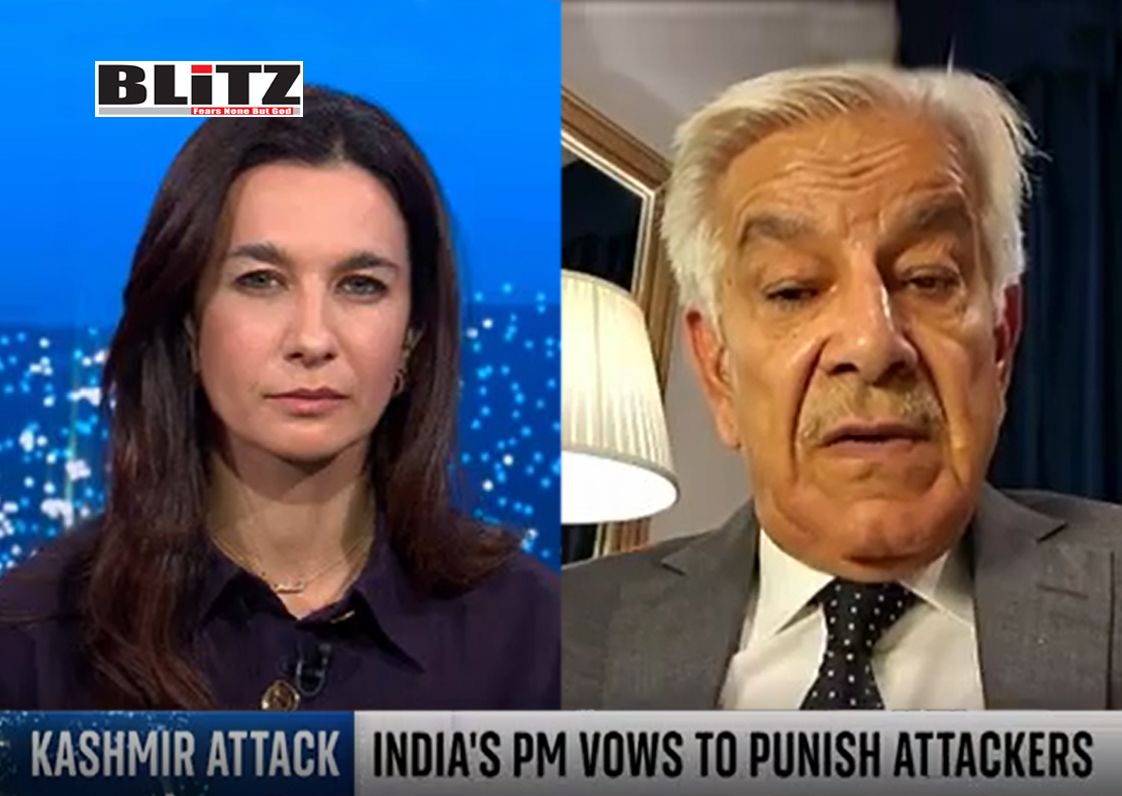
In a stunning and unusually candid admission, Pakistan’s Defense Minister Khawaja Asif has publicly stated that Islamabad spent decades supporting terrorist groups as part of Western-led geopolitical agendas. In an interview with Sky News aired on April 25, Asif claimed that Pakistan had been “doing the dirty work” for the United States and the United Kingdom, a statement that essentially confirms long-suspected accusations that the South Asian nation acted as a conduit for Western covert operations.
“We have been doing this dirty work for the United States for about three decades, you know, and the West, including Britain,” Asif stated, in a moment of uncharacteristic transparency from a top Pakistani official.
The remarks, made during a conversation with a British broadcaster, have reverberated across geopolitical circles and sparked renewed scrutiny into the long-standing partnership between Pakistan and Western powers, particularly in the context of the Cold War and the post-9/11 ‘War on Terror’. More importantly, Asif’s statements underscore how deeply entangled Pakistan became in conflicts that were not of its own making, often with devastating domestic consequences.
Pakistan’s alignment with the West in backing Islamist insurgents dates back to the Soviet-Afghan War in the 1980s. At the time, the United States, via the Central Intelligence Agency (CIA), worked closely with Pakistan’s Inter-Services Intelligence (ISI) to funnel weapons, training, and funds to Afghan mujahideen fighters resisting the Soviet invasion. The strategy was effective in bleeding the Soviet military, but it planted the seeds for the rise of militant Islamist movements, including the Taliban and Al-Qaeda.
Asif directly referenced this era- “When we were fighting the war on their side, way back in the ‘80s against the Soviet Union, all these terrorists of today, they were wining and dining in Washington… They were treated like VIPs in those days.”
His comments resonate with longstanding critiques that Western support for extremist elements was shortsighted and opportunistic, leading to the empowerment of the very groups that would later carry out attacks against the United States and its allies.
Following the September 11 attacks in 2001, the United States launched the War on Terror, targeting Taliban-controlled Afghanistan and the Al-Qaeda network. Pakistan, under General Pervez Musharraf, quickly became a key ally of the United States. Billions in military and civilian aid flowed into Pakistan, ostensibly to support counterterrorism efforts. However, the dual game being played by Pakistani authorities soon became evident.
On one hand, Islamabad provided logistical and intelligence support to the US; on the other, it was accused of harboring high-profile terrorists like Osama bin Laden, who was ultimately found and killed in Abbottabad, deep inside Pakistan, in 2011. Washington’s trust in Pakistan plummeted thereafter, but the relationship endured due to strategic necessity.
Asif acknowledged the duplicity of Pakistan’s role, lamenting the consequences, “If we had not joined the war against the Soviet Union and the war after 9/11, Pakistan’s track record would have been unimpeachable… That was a mistake. We have suffered for that.”
While Pakistan is widely accused of enabling terrorism, especially by neighboring India and Afghanistan, Asif painted a picture of a country caught in the middle-manipulated by greater powers and ultimately abandoned after serving its purpose. He highlighted the immense toll that terrorism has taken on Pakistan, with tens of thousands of civilians and security personnel killed in bombings, shootings, and insurgencies.
“No country in the world has suffered so much from terrorism as Pakistan,” he claimed, in an attempt to reframe Pakistan not as a sponsor of terrorism but as one of its biggest victims.
However, such claims are unlikely to find much sympathy among regional rivals. India, in particular, has long accused Pakistan of using non-state actors as a strategic weapon, especially in Kashmir. Asif countered those accusations by suggesting that India follows a pattern of routinely blaming Pakistan after terrorist incidents, regardless of the evidence.
Perhaps the most damning part of Asif’s interview was not his admission of past wrongdoing, but his exposure of Western duplicity. His assertion that many current terrorist leaders were once guests in Washington should prompt uncomfortable questions in Western capitals.
The idea that global jihadist networks were once considered “freedom fighters” is not new, but rarely is it publicly acknowledged by current state officials. Asif’s remarks not only validate years of speculation but also highlight the dangerous blowback of using extremist groups as geopolitical pawns.
He went on to challenge the idea that terrorist groups are disparate entities, arguing instead that they are part of a single, religiously motivated network that merely assumes different names and leaderships:
“They’re all mixed up. They’re not multiple organizations. They’re just one single organization, religiously organized, and with different faces, different leadership. At times they work together, at times they fight with each other.”
This observation, if taken seriously, could undermine years of fragmented counterterrorism policies that attempt to draw neat distinctions between groups like the Taliban, Al-Qaeda, and ISIS.
Khawaja Asif’s candid interview represents a rare moment of public introspection and truth-telling. However, the consequences of such a revelation are yet to be fully understood. It raises difficult questions not just for Pakistan but also for the United States, United Kingdom, and their allies who empowered Pakistan as a frontline state while turning a blind eye to its double game.
The legacy of these actions is not confined to history books. The instability in Afghanistan, the radicalization of segments of Pakistani society, the ongoing Kashmir dispute, and persistent terror threats across the globe are all deeply linked to the choices made during the Cold War and post-9/11 era.
Asif’s statement might be dismissed as political deflection by some, but it should also be seen as a cry for accountability-from all sides. For decades, the world has asked, “Who radicalized these groups?” The answer, it seems, lies not just in caves or madrassas, but also in policy papers in Washington, London, and Islamabad.
If nothing else, Asif’s admission should serve as a cautionary tale about the dangers of weaponizing ideology for strategic ends. The boomerang always returns.


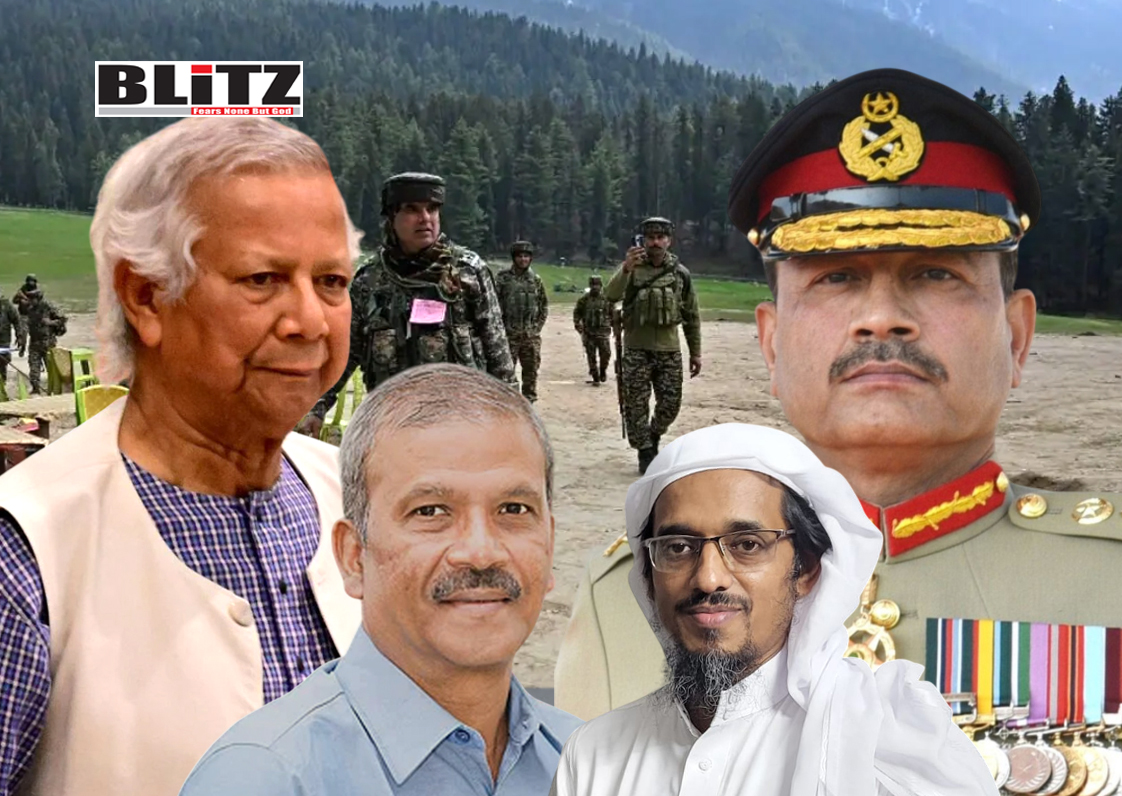
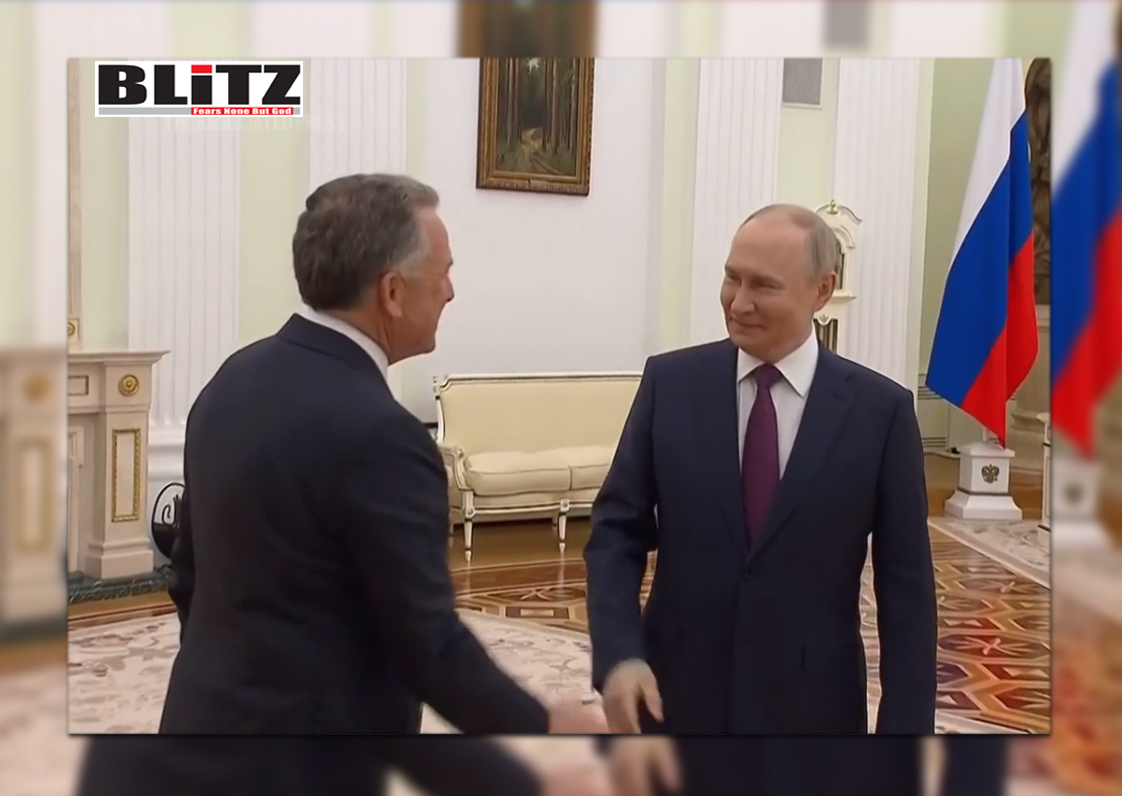
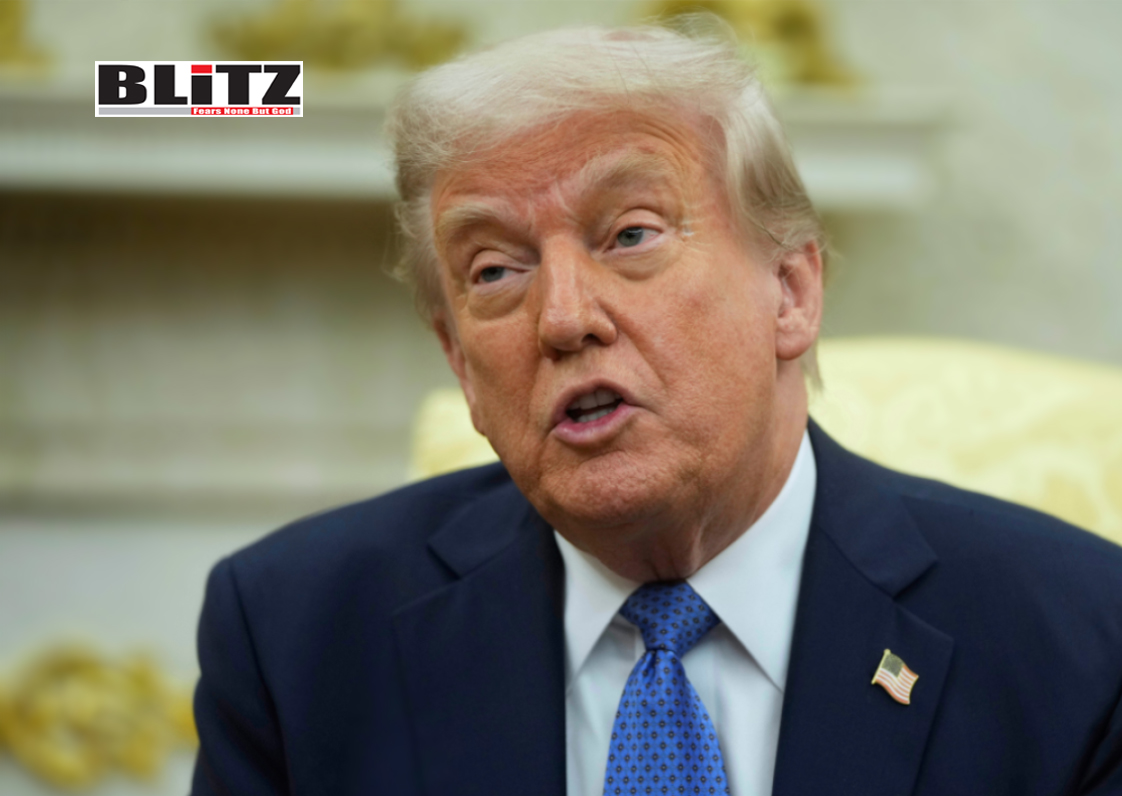
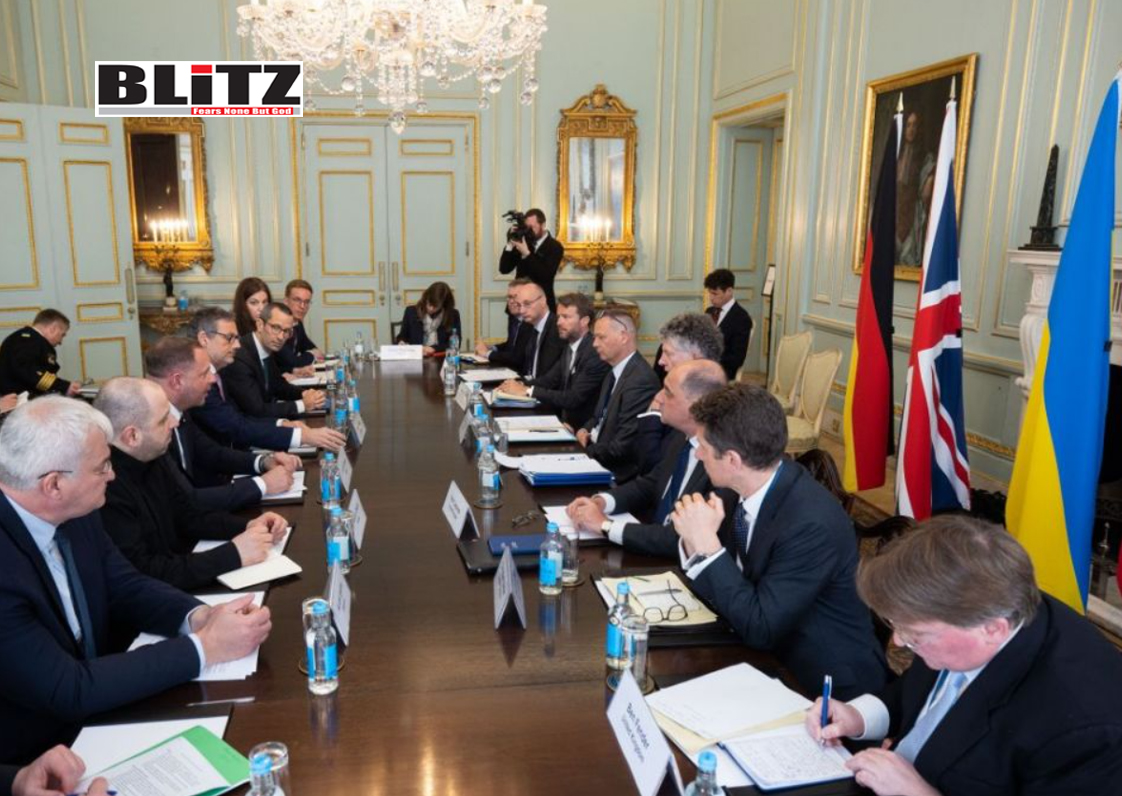
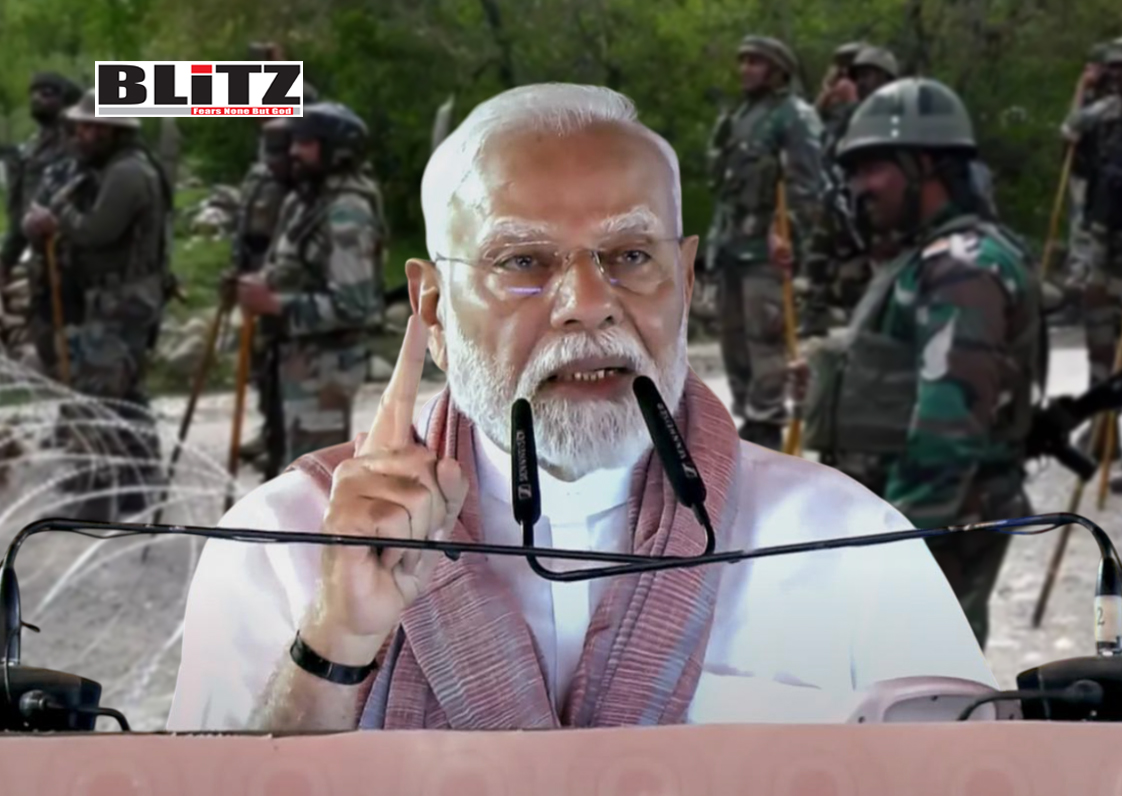
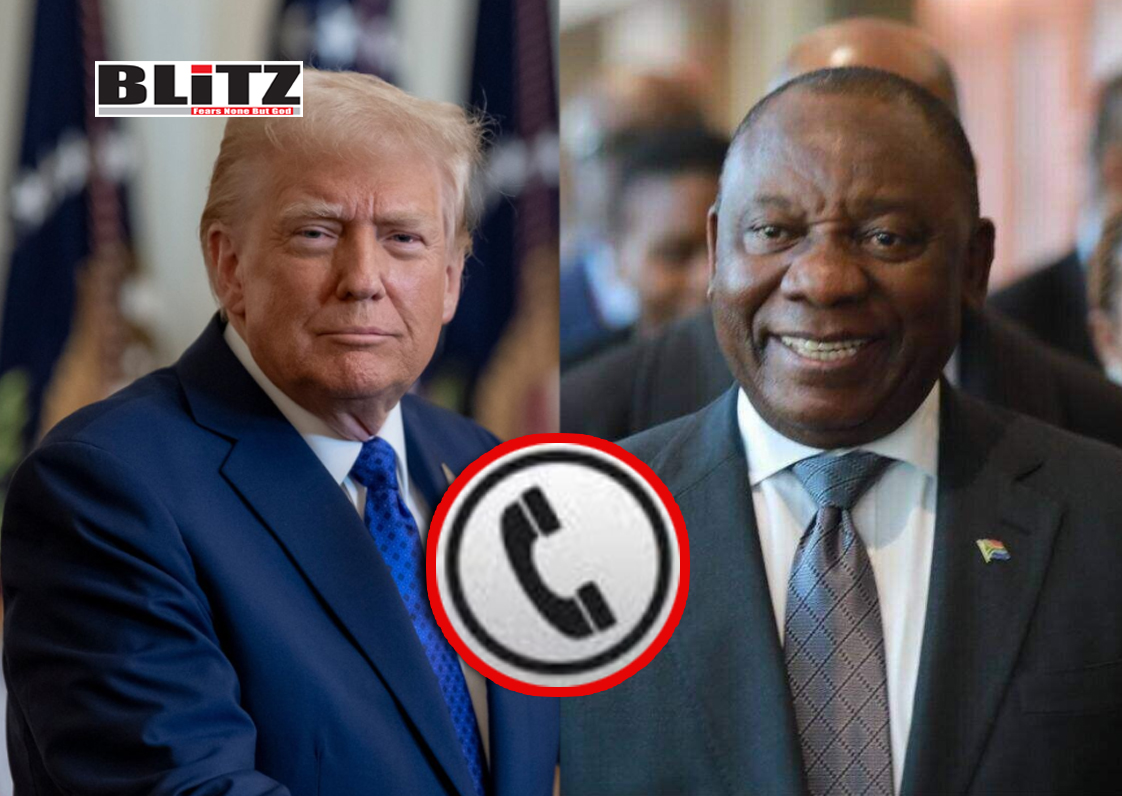


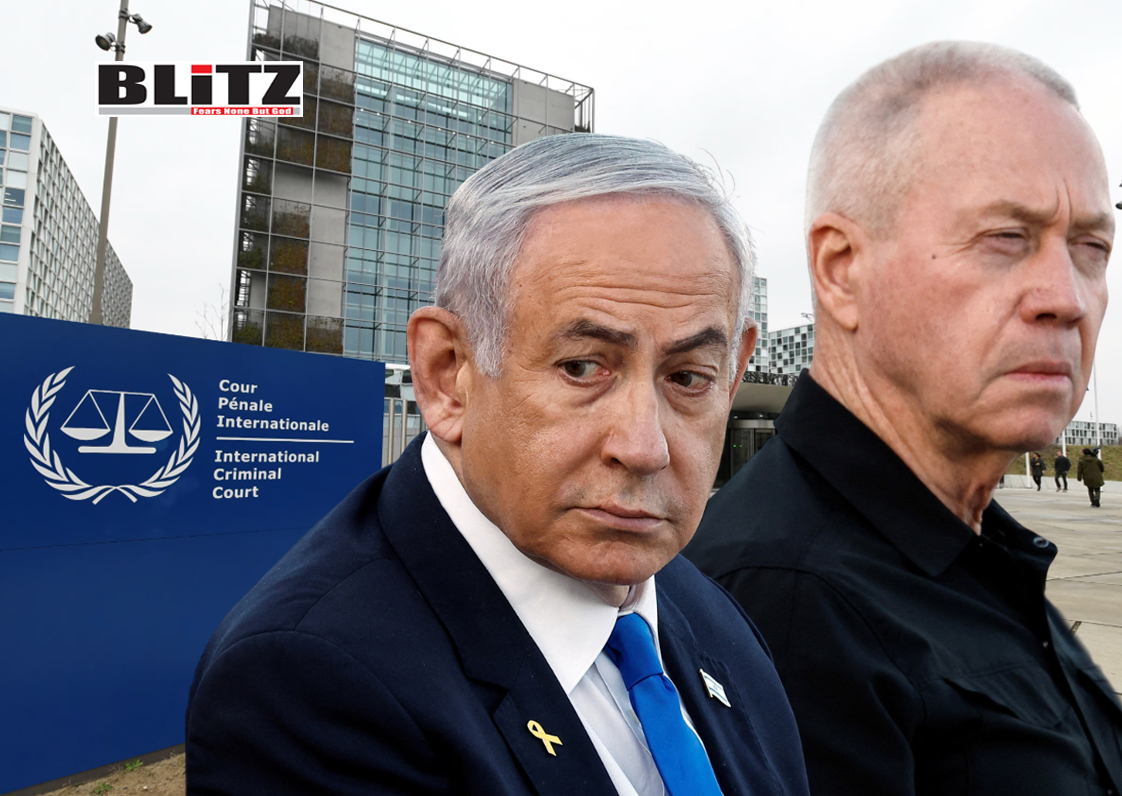
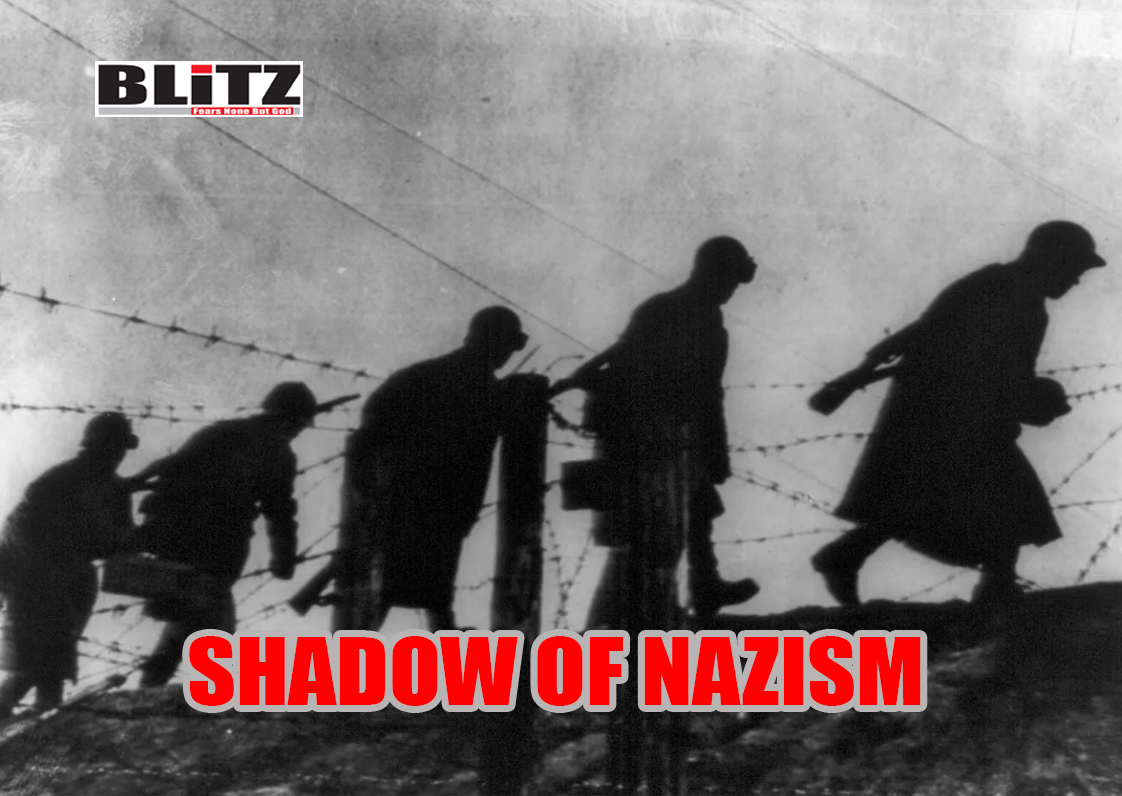

Leave a Reply